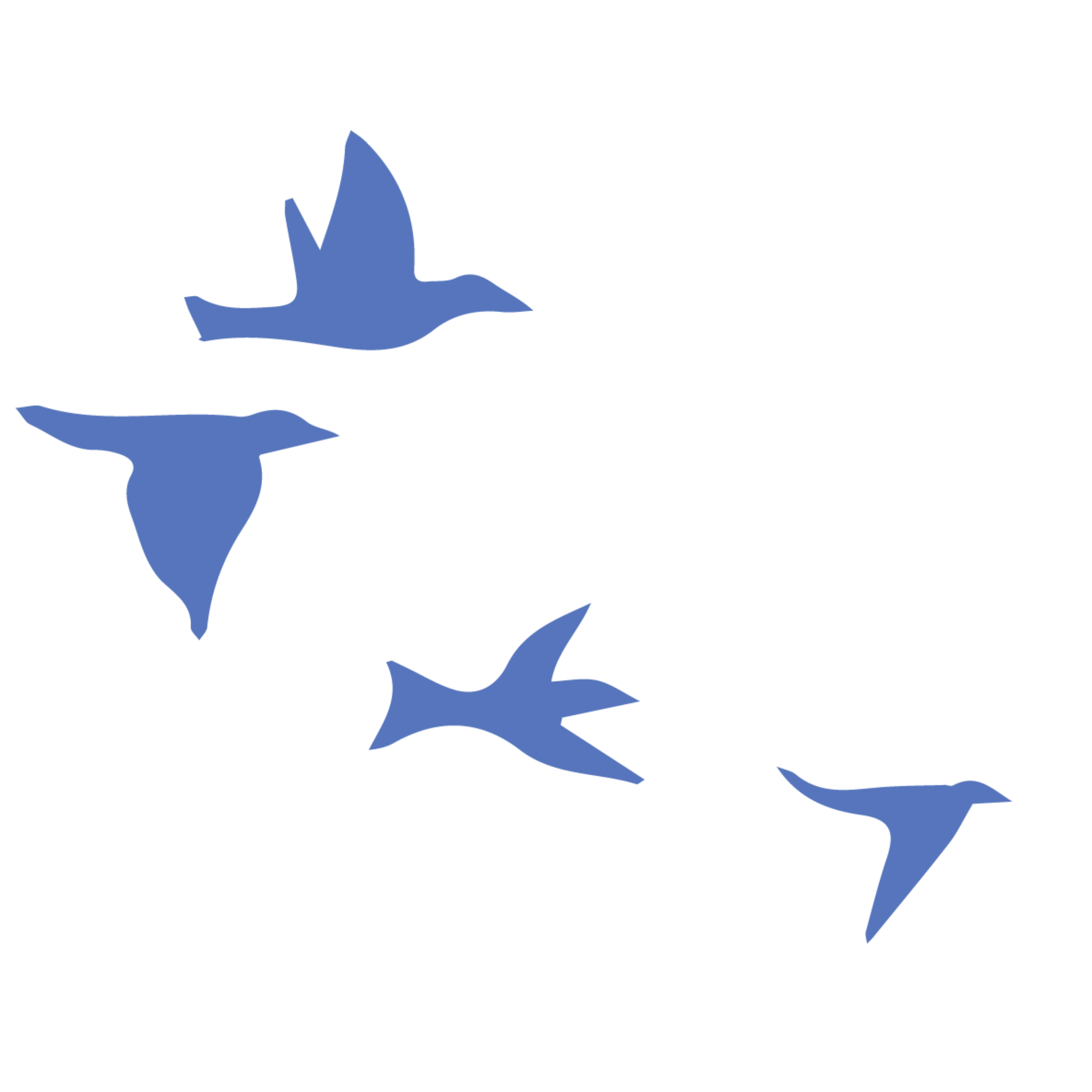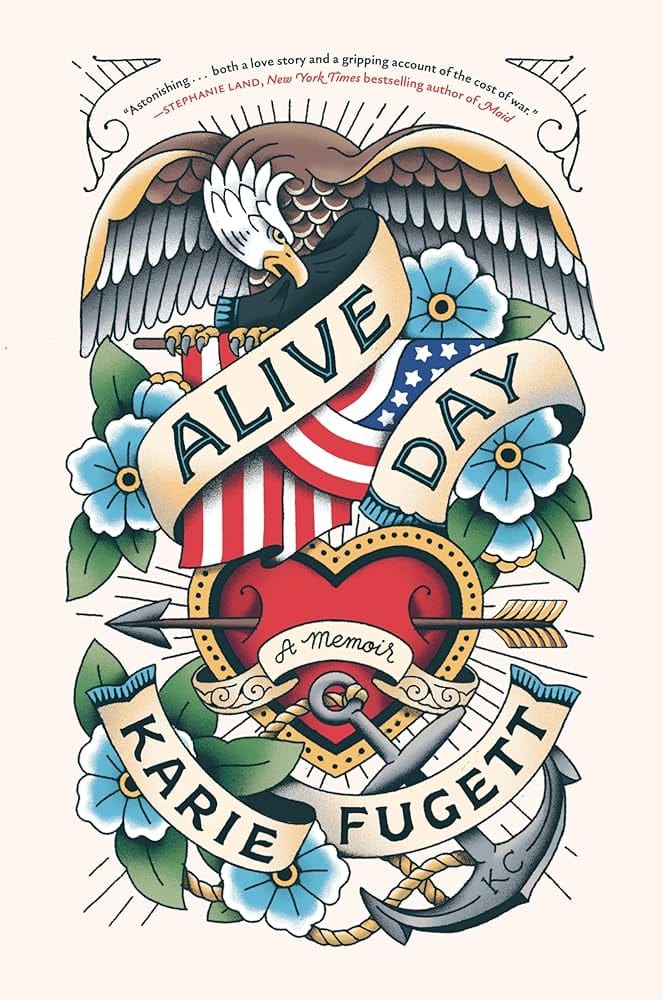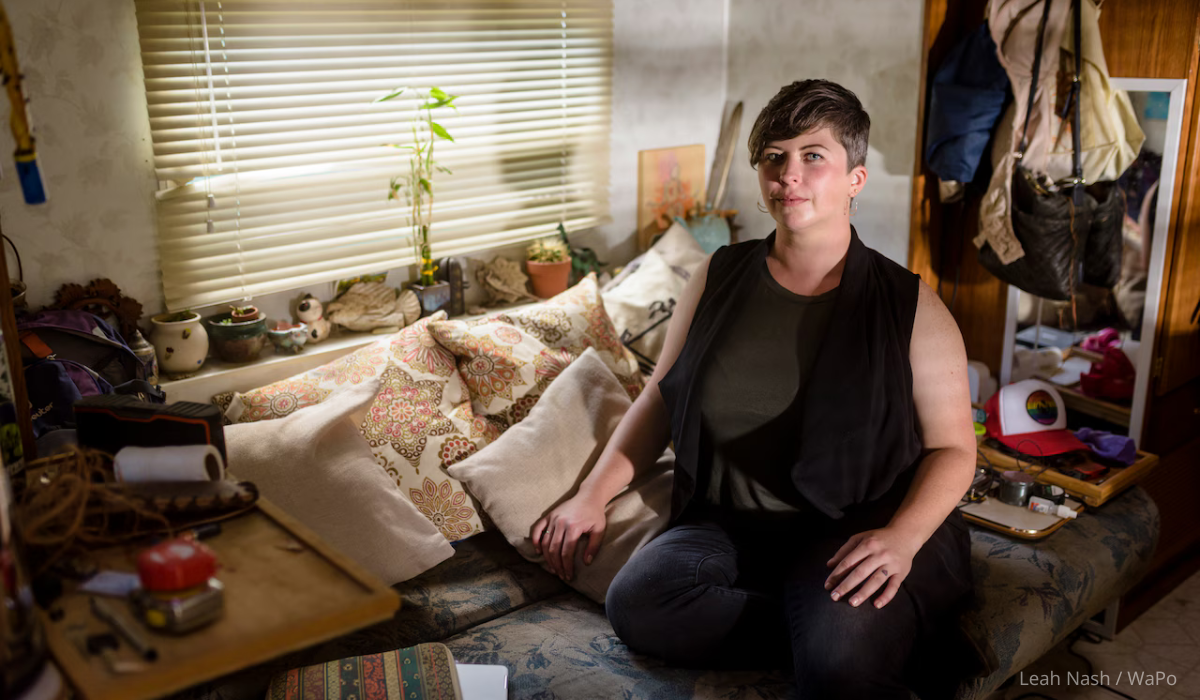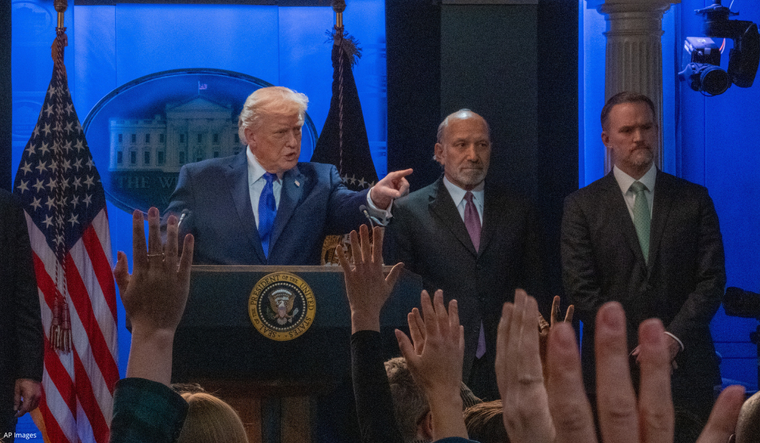I Am a Military Widow

In the beginning of her memoir, Alive Day, Karie Fugett writes, “I couldn’t have known then that this was only the beginning. Soon, I would carry so much more than I ever asked to hold.”
At 20, Karie married her boyfriend, Cleve, a Marine. In 2006, several months after the couple eloped, Cleve suffered injuries from an IED in Iraq, leaving him with PTSD, a traumatic brain injury, and an amputated leg at 21.
Karie immediately took the full-time role of caregiver for her husband while he slipped into an addiction to his prescription opioids. Young and alone, she faced having to navigate the medical system and the Veterans Administration, all while receiving no support around her husband's debilitating addiction. Four years later, Cleve overdosed and died.
In Alive Day, Karie tells her story with an intensity and beauty. Informed by searing first-hand experience and raw emotion, she details her experience while giving us a wide view of the under-told, overlooked tolls faced by our military and their loved ones: grief, loss, the burdens of caregiving, the lack of any true care system, the stigmas surrounding addiction. Her words are a must-read.
And while Karie's pages plunge into the dark, they also radiate light—leaving us with a tangible sense of fortitude, commitment, and an enduring legacy of love.
A CONVERSATION WITH KARIE FUGETT
The story of your late husband, Cleve, is devastating and not an anomaly, as so many veterans face traumatic injuries, PTSD, and addiction. What do you wish more people were aware of?
People don't realize how big of a care gap there is that family members and nonprofits fill in. The things that happened in the book were about a decade ago, so many things have changed since. The VA still has a long way to go, but it has made improvements. But right now, my concern is with some of the cuts talked about—VA cuts, for example. I am afraid of us backsliding into that because my experience was that while nonprofits and family members were filling in those care gaps, they weren't prepared for it. And the people who end up suffering are the veterans and then, of course, the family members because they also don't get the support they need.
We see veterans on the news who are positive and patriotic and trying to stay optimistic. We say, 'Thank you for your service' and 'Support our troops,' but a lot of it is performative. People don't know what veterans and their families are really going through or what they actually need.
You write, "There was an unspoken expectation that caregivers were supposed to keep their family members on track." Your story highlights the heavy toll caregivers take on.
Yes, and we were so young. Many of us didn't even have kids, so we didn't even have the experience of parenting yet. We were fresh out of high school, for the most part, and overnight— literally overnight—thrown into this role of caregiver that we didn't ask for. We were willing to accept it, but there was no instruction manual, no guidance, no therapy—just a lot of pressure and expectation.
When I think about how I felt back then, it was scary. I felt very much responsible for his life. I thought it would be my fault if anything happened to him. So, when he inevitably did pass away, that was something I had to grapple with.
Cleve faced a lot of shame as he went through his addiction, which we see in our society with suffering veterans and people at large experiencing addiction. What do we need from our administration and society to break down these barriers and destigmatize addiction?
All I can go off is my experience; I'm not an expert. But I do know that when it comes to addiction, one of the main reasons so many people die is because of isolation. If someone were with them or could talk about what they were going through and let someone know, 'I'm using today' or 'I'm afraid today,' so many lives could be saved. But in this country, in the military, we've created an environment where that isn't possible. People have to do things in isolation to protect their jobs and reputations. But it's that isolation that ends up killing them in the end. And what I mean by that is if someone is overdosing but someone is near them or with them, they can save their life. If someone is overdosing and no one is with them, they are going to die.
A huge part of the problem is how we think addiction is morally corrupt, like there's something wrong with that person versus it being an illness that needs to be treated like anything else.
The title of your book, Alive Day, links to a special moment in Cleve's life: After he was severely injured, a fellow vet said to him, "Happy Alive Day, man" to mark the day he'd been given another chance at life. What does Alive Day mean to you today, after all you've been through?
When the Marine liaison said that to my husband, he had just gotten back, and we assumed that that was the beginning of the rest of his life and he was going to get better. Obviously, a few years later, he ended up passing away. What I've had to reconcile with is that his passing away gave me opportunities I never would have had otherwise. I would trade all of it to get him back and allow him to have that second chance to grow up and become whoever he was meant to be. I have changed so much, so I think about that: Who would he have been?
It breaks my heart. I think about it all the time. It's been over a decade and I am still talking about it. But that's also my motivation, because he didn't get a chance to figure that out. He didn't have the opportunities that I have now, like an education, enough money to afford a home, and the chance to do and be what I want. And because he didn't, I feel that I need to do it for both of us. I want to do it for both of us.
So, when I think of Alive Day, I feel like I'm carrying that legacy for both of us. It was taken away from him and passed on to me, and now I've got to do the best I can with my second chance.
For someone who is going through a hard time, maybe they've lost somebody who served or lost someone who faced addiction, what do you hope your book offers them?
I hope they feel seen. And I hope they feel like their labor and their difficult experiences are being recognized, finally. And that their story is heard.
And I hope my story helps them make peace with any complicated emotions or actions they might have been feeling ashamed of and feel emboldened to stand up for themselves and their families.
Mostly, I hope they feel a whole lot less alone.

Karie Fugett holds a BA from the University of South Alabama and an MFA in creative nonfiction from Oregon State University. Alive Day is her first book. You can learn more at kariefugett.com.
Please note that we may receive affiliate commissions from the sales of linked products.



